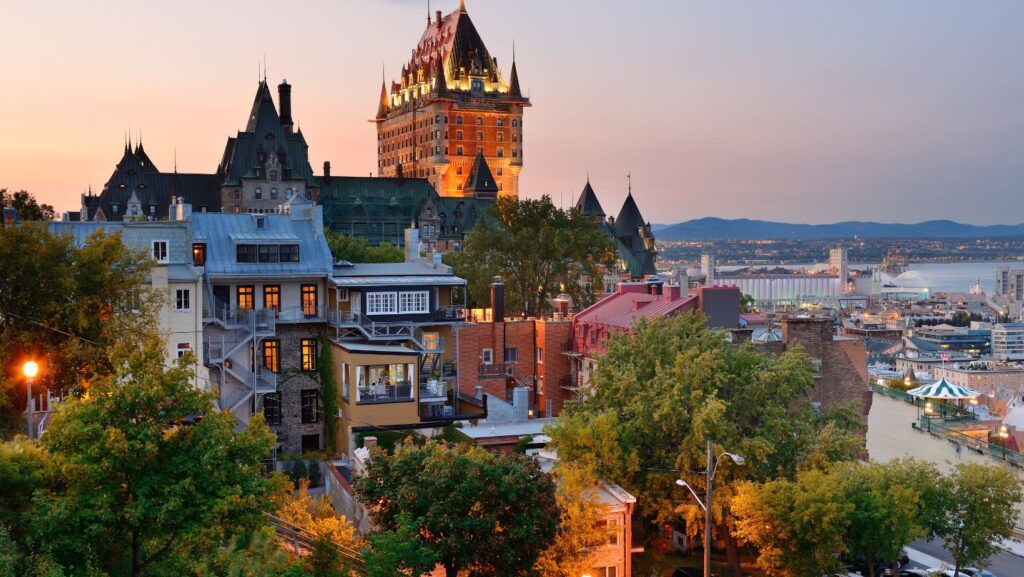
Quebec’s political scene is already heating up as the province looks ahead to the 2026 elections. With shifting alliances, rising voices among younger voters, and the ever-present question of Quebec’s place within Canada, the coming years promise to be pivotal. Here’s a closer look at the forces shaping the future of Quebec politics and what voters can expect as the next campaign cycle looms.
Quebec Voter Demographics Are Changing
Quebec’s electorate is not what it was a decade ago. While traditional nationalist sentiments remain strong, especially outside Montreal, a new generation of voters is making its presence felt. These younger Quebecers are more connected, digitally savvy, and often less attached to the political parties that have dominated the province for decades. Their priorities—affordable housing, education, and cultural identity—are forcing established parties to rethink their strategies. The rise of social media and digital activism means that political messages spread faster and reach further, amplifying both consensus and division.
Digital Campaigns Shape the Battle for Attention
As political parties prepare for 2026, digital strategy is front and centre. Campaigns are investing heavily in online outreach, using targeted advertising and interactive content to engage voters where they spend most of their time. When exploring digital strategies, platforms often compete with diverse content providers, similar to how betting sites canada use targeted advertising to reach specific audiences. This competition for attention means that political messaging must be sharper, more relevant, and more responsive than ever before. The challenge is not just to be seen, but to be trusted—a task made more complex by the rapid spread of misinformation and the need for credible, fact-based communication.
Quebec Nationalism Shapes the Federal Debate

Nationalism remains a defining feature of Quebec politics. While the sovereignty debate is less dominant than in previous decades, questions about language, culture, and autonomy continue to shape party platforms. The Coalition Avenir Québec (CAQ) has positioned itself as a champion of Quebec’s distinct identity, but faces criticism from both federalist and sovereigntist camps. Meanwhile, opposition parties are seeking to carve out their own space, appealing to urban voters and newcomers who may not share the same historical attachments. The federal government’s approach to Quebec’s demands—on immigration, language, and fiscal transfers—will be closely watched as the election nears.
Media Influence Shapes Public Perception
Media coverage plays a crucial role in shaping public opinion, especially in a province as politically engaged as Quebec. Outlets like Le Journal de Montréal are known for their strong editorial voices and commitment to local issues. For readers seeking to understand the editorial stance and factual reliability of Le Journal de Montréal, this detailed analysis of its Le Journal de Montréal bias and credibility offers valuable insights into its right-leaning, nationalist editorial position and reporting style. As the 2026 campaign unfolds, the media’s ability to inform, challenge, and sometimes provoke will be more important than ever in helping voters make informed choices.
What to Expect in 2026
The road to the next provincial election is already marked by uncertainty and opportunity. Parties are recalibrating their platforms, voters are demanding more transparency and authenticity, and the digital landscape is transforming how campaigns are run. What remains constant is Quebec’s passion for politics and its determination to shape its own future. As the province prepares for another pivotal election, the coming years will test the resilience and adaptability of both its leaders and its people, ensuring that Quebec’s political story remains as dynamic and compelling as ever.












